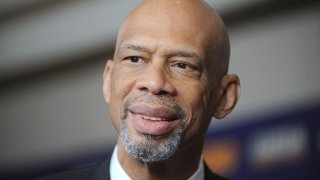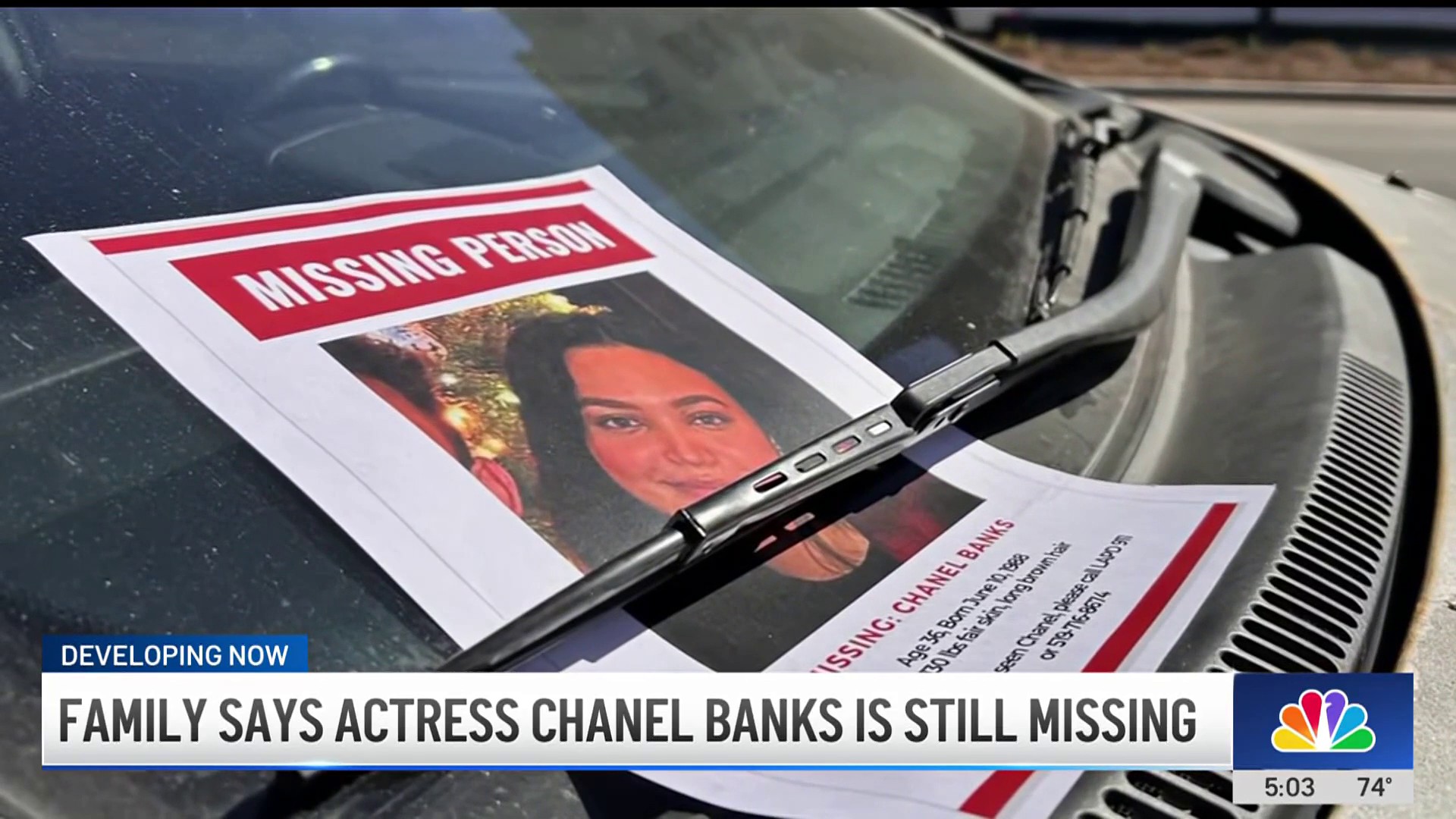
Kareem Abdul-Jabbar revealed several health issues in a powerful new essay where the NBA legend is speaking up how Black people are treated differently in the health care system.
Abdul-Jabbar, 73, said he has dealt with "prostate cancer, leukemia and heart bypass surgery" over the course of his life and knows he has been luckier than other Black men because he has several advantages.
"I’ve been fortunate because my celebrity has brought me enough financial security to receive excellent medical attention. No one wants an NBA legend dying on their watch. Imagine the Yelp reviews," he wrote in an essay for WebMD. "I’m also lucky that one of my sons is an orthopedic surgeon and another is a hospital administrator. Dad gets to nag them for medical advice whenever he wants."
"But while I’m grateful for my advantages, I’m acutely aware that many others in the Black community do not have the same options and that it is my responsibility to join with those fighting to change that," he wrote. "Because Black lives are at risk. Serious risk."
The former Lakers star warned that society in the United States will collapse "if we don’t address the underlying rot of systemic racism."
Abdul-Jabbar works with UCLA Health as an ambassador to the Black community to ensure they receive vital health care information that could help save lives.
Entertainment News
"The COVID-19 pandemic has highlighted just how malignant the system is. The virus has hit the African American community at a much higher and more devastating rate than it has the white community," he wrote. "At the same time, they receive a lower standard of care."
Abdul-Jabbar added that a recent Centers for Disease Control and Prevention report found that of 79 hotspot counties in the United States that had information about race and the infection rate, an astounding 96.2% showed a racial disparity in the prevalence of COVID-19 cases.
Not only that, but Black people face disparities in education, which means a person may miss out on a higher paying job that offers them access to health insurance and may instead avoid going to the doctor.
"Another health factor caused by poverty is obesity. African Americans have the highest rate of obesity in the U.S., which contributes heavily to why Blacks are more prone to high blood pressure, strokes, diabetes, and heart disease. All of which figures into why Blacks have the highest death rates of any racial and ethnic group in America," he wrote. "Some of this can be attributed to genetics, but the larger cause is reduced access to healthy foods because grocery store chains are less prevalent in poorer neighborhoods, so they have to pay more money for lower quality foods."
Abdul-Jabbar said society needs to adopt a "daily maintenance" plan that prioritizes daily actions, such as financially supporting institutions fighting racism, reporting racism on social media and players taking a knee during the national anthem. He also said he wants to see more Black doctors, teachers and more Black people on juries to help erase the inequities.
“The future of equity for Black Americans starts with physical and mental health, and as long as they are at the end of the line for services, true equity can’t happen,” Abdul-Jabbar said. “Black lives have to matter in every aspect of American society if they are to thrive.”
This story first appeared on TODAY.com. More from TODAY:



